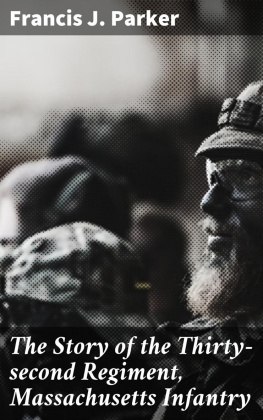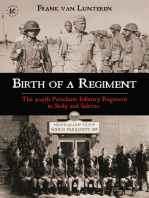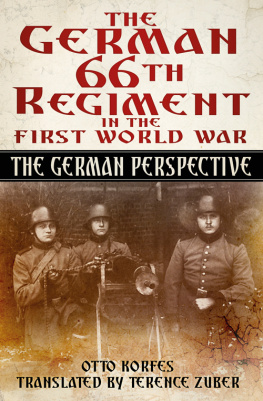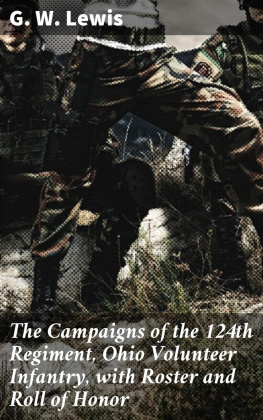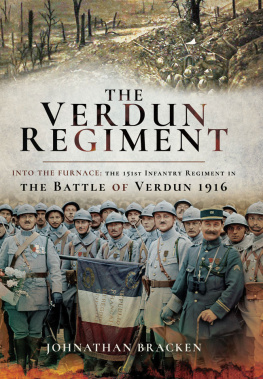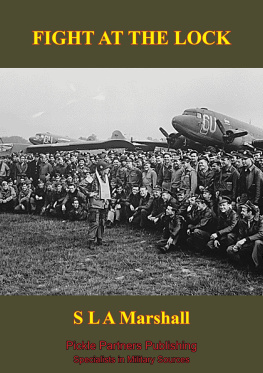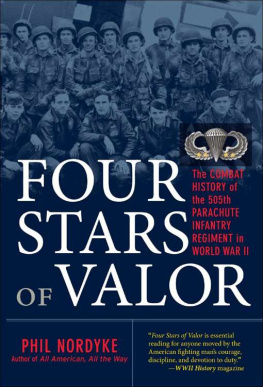PREFACE.
Table of Contents
THIS book is not a history of the civil war, nor even of the Army of the Potomac; but merely the story of one of the regiments which composed that Army. It does not relate the biography of the many distinguished generals under whose command the battalion served, and the endeavor has been made to exclude from it not only discussions as to the merits of individuals, but even favorable or unfavorable opinions, save when the facts related implied or seemed to require such reflections.
The book is intended chiefly to collect and present in narrative form, descriptions of some of the experiences of our Regiment, in order to preserve them in the memory of those who were actors in the scenes described, and enable the officers and men of the 32d to place in the hands of their children and friends vivid pictures of the dangers, trials, and pleasures which attended the service of our soldiers in the war for the Union.
In the preparation of the book, I have received, and gratefully acknowledge, the assistance of many of my old comrades, officers, and men, not only by way of incidents related verbally, but alsoand this especially concerning events which occurred after my own resignationby way of written contributions. Many of these are embodied in the text almost in the language of the writers, and others in a more or less condensed form. Among those to whom I am thus indebted should be particularly named General Luther Stephenson, jr., Surgeon Z. B. Adams, Major E. S. Farnsworth, General J. A. Cunningham, Sergeant S. C. Spaulding, Major Ambrose Bancroft, Captains G. W. Lauriat and J. C. Fuller; and last, but by no means least, Surgeon W. L. Faxon and Mrs. Faxon, whose memories have provided stores of incident. To Colonel I. F. Kingsbury I am indebted for the result of time-consuming researches in the Adjutant-Generals Department of the State.
While making these just acknowledgments I absolve all those named from any responsibility for such literary imperfections as may appear herein and, assuming to myself all blame for such defects, must ask my readers to consider in charity to me the difficulties which must attend a work so composed, and at the last somewhat hastily completed.
F. J. P.
Boston, April 30th, 1880.
I.
IN GARRISON.
Table of Contents
THE story of the 32d Massachusetts Infantry was, of course, in most respects like that of others, but not in all. The immortal Topsy thought she was not made, but spect she growed. So our regiment was not made a regiment at the start, but it grew to be one. Other battalions from New England gathered into camps and acquired their preliminary education among neighbors, and cheered by the presence of visitors, who looked on and admired their guard-mountings at morning, and their dress-parades at evening; and these hardened into soldiers by a rough experience in mud or dust on the line of the Potomac, while our beginning was in a walled fort, on a bleak island, isolated even from the visits of friends, and under the most exact discipline of ante-bellum regular-army rule.
Fort Warren, which was our cradle, is the outpost of Boston, and it was very nearly, but not entirely, completed when the war broke out. Until 1861 it had never been occupied as a military post. The 12th and 14th Massachusetts had been in occupation of the island while the organization of those battalions was in progress, during the summer of that year, and when they left, the post was somewhat hurriedly prepared for the reception of prisoners, a large number having been captured in North Carolina by the column under General Burnside.
Early in the autumn of the year 1861 Colonel Justin E. Dimmock was assigned to the command at Fort Warren. At the first outbreak of the rebellion this patriotic officer, fortunately for the cause of the Union, was in command at Fort Munroe, and resisting every attempt made upon his loyalty, he held that important post for the government under whose flag he had fought, and in whose service he had passed his active life.
As the war progressed Fort Munroe became a great centre for the operations of the army, and the duties required of its commandant were too severe for a man of Colonel Dimmocks age and infirmities, and he was transferred to the more quiet scenes in Boston Harbor. A temporary garrison was detailed from the 24th Massachusetts Infantry, then in process of formation, but upon the application of Colonel Dimmock, a new battalion of four companies of infantry was raised to be used as a garrison until the exigencies of the service required their presence elsewhere, and this body of men, called the First Battalion Massachusetts Infantry, relieved the same number of companies of the 24th.
Company A, recruited in Hingham by Captain (afterward Brevet-Brigadier-General) Luther Stephenson, jr., was mustered into service November 16th, 1861, and reported for duty at the fort on the following day. Charles A. Dearborn, jr., was First Lieutenant, and Nathaniel French, jr., Second Lieutenant.
Company B, recruited in Concord, Massachusetts, by Captain (afterward Brevet-Brigadier-General) George L. Prescott, was mustered in November 15th, 1861. Cyrus L. Tay, First Lieutenant, and Isaiah F. Hoyt, Second Lieutenant.
Company C, recruited in Boston by Captain Jonathan Pierce, was mustered in November 16th, 1861. Joseph Austin, First Lieutenant, and Robert Hamilton, Second Lieutenant.
Company D was recruited in Gloucester, and was almost entirely composed of fishermen and sailors. It was commanded by Captain James P. Draper. The late Adjutant-General James A. Cunningham was First Lieutenant, and Stephen Rich, Second Lieutenant.
These companies were rapidly recruited, and were immediately despatched to their post, no time being allowed for drill, and hardly time to say good-bye. It may be presumed that when they reported, their discipline was nothing, and their ideas of military order exceedingly crude.
Perhaps this was more particularly the case with Company D, which, as we have already said, was composed almost entirely of Gloucester fishermen,or it may have been the excessive hospitality of the friends of that company, that led to a little scene immediately upon its arrival.
The more jovial of the soldiers were weeded out at the landing, and quietly deposited in the guard-house; the remainder were marched into the fort, and soon after to the cook house, where an ample supper of soft bread and tea awaited them. A few months later such a repast would have been hailed as the height of luxury, but by the raw sailor-soldiers it was now regarded with contempt. The loaves, instead of being devoted to their proper use as the staff of life, were converted into missiles, and the air was alive with them,the dim evening light favoring an impartial distribution.
In the midst of the racket, Colonel Dimmock appeared upon the scene, lantern in hand, and immediately received plump in the head one of the finest of the loaves, which, with a refinement of ingenuity, had been dipped in hot tea. The scene which followed was one not easily to be forgotten. The outraged old soldier dashed in among the turbulent men, and by his habit of command at once overawed and controlled them. Ordering them into a line, throwing some into position apparently by main strength, he passed along the ranks, throwing his light into each face until he came to the real culprit, six solid feet of man and tar, whose face declared his guilt. Seizing the burly giant by the arm, the old colonel fairly dragged him out of the casemate, as if he had been a child; but when the man had humbled himself sufficiently, protesting that he didnt mean anything, the commandant dismissed him after a brief but forcible lecture on discipline, and an injunction to beware of any second offence.


